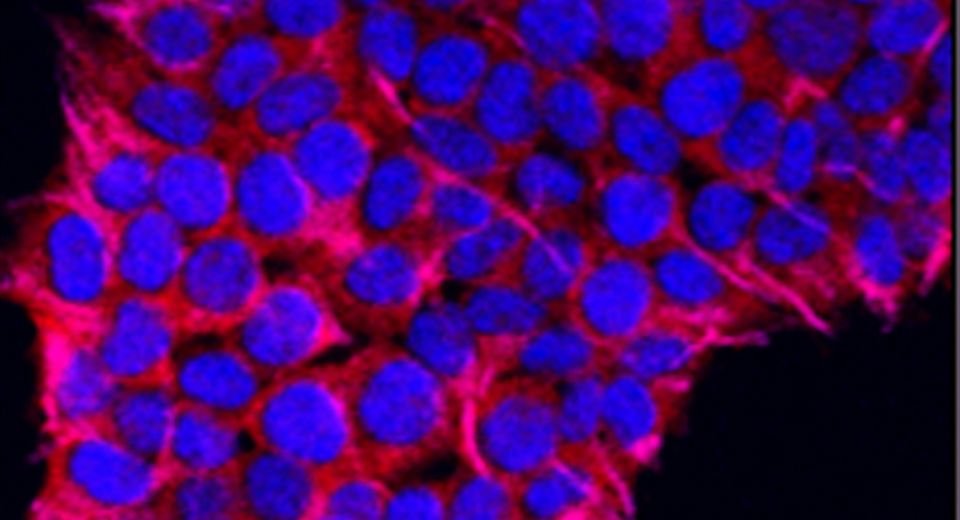HQ Team
August 12, 2025: A new study published in the journal Nature Medicine has shown promising results for an experimental vaccine, ELI-002 2P, which is designed to prevent the recurrence of pancreatic cancer.
The vaccine targets KRAS gene mutations, which are present in approximately 90% of pancreatic cancers and are known to drive cancer growth.
The Phase 1 clinical trial involved 25 patients with pancreatic or colorectal cancer who had KRAS mutations and had undergone standard treatments like chemotherapy and surgery. The vaccine uses short chains of amino acids called peptides to teach immune cells to recognize and attack cells with KRAS mutations. The results showed that the vaccine was well-tolerated and induced a significant immune response in 84% of the participants. Importantly, about 70% of patients experienced antigen spreading, where the immune response extended to other tumor cell targets not included in the vaccine.
Tumor recurrence
The findings suggest that the vaccine may have the potential to delay tumor recurrence and improve survival outcomes for pancreatic cancer patients.
This marks a significant step forward in the development of immunotherapies for pancreatic cancer, offering hope for a condition that has historically been difficult to treat.
The next step for this research is a randomized Phase 2 trial to further evaluate the vaccine’s effectiveness and durability compared to standard care. If successful, this off-the-shelf vaccine could provide a new therapeutic option for patients with KRAS-driven cancers, potentially transforming the landscape of pancreatic cancer treatment.
KRAS mutation
KRAS mutations are genetic alterations in the KRAS gene, a member of the RAS gene family, which encodes a protein that functions as a molecular switch, regulating cell proliferation and other cellular processes. Mutations in the KRAS gene can lead to a permanently activated KRAS protein, promoting uncontrolled cell growth and tumor development.
Pancreatic cancer remains one of the most challenging cancers to treat, with a global incidence of approximately 500,000 new cases annually and a five-year survival rate of only about 13%. In the United States alone, it is estimated that over 64,000 people were diagnosed with pancreatic cancer in 2023, and nearly 50,000 individuals succumbed to the disease. The high mortality rate associated with pancreatic cancer is largely due to its tendency to recur, with up to 80% of cases potentially coming back even after initial treatment.
This news story incorporates the key findings from the provided sources while adding contextual information about pancreatic cancer’s global impact to provide a comprehensive overview.
